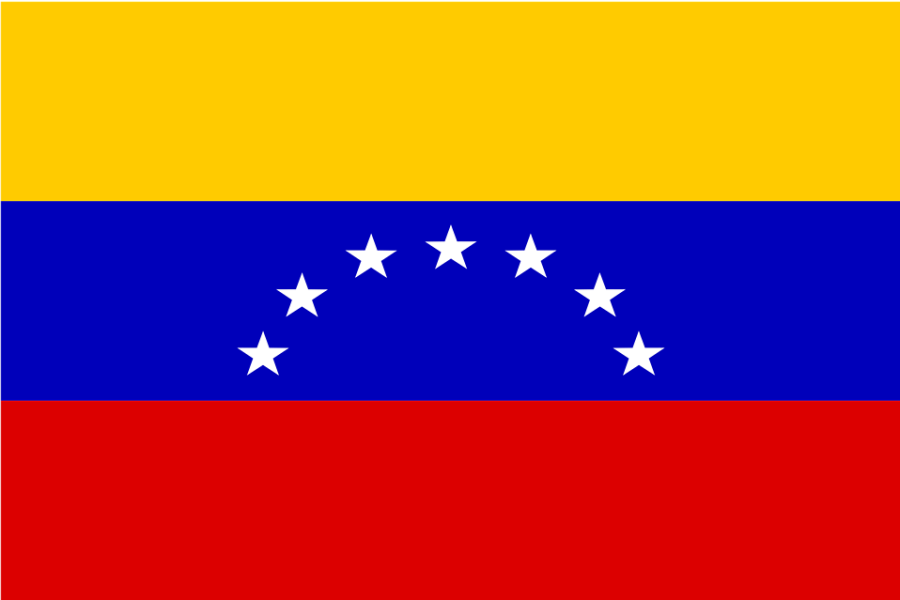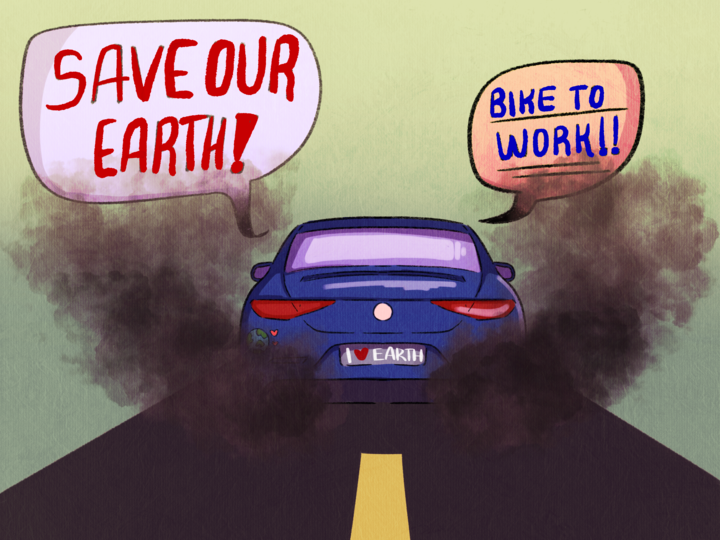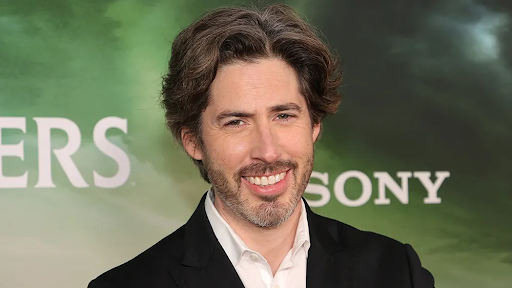The United States has had such a history with South America that the word “awkward” would not even begin to cover it. In our almost 250 years of independence, the US has treated Central and South America as something of a playground and our own personal property. From declaring the entire Western Hemisphere part of the American sphere of influence with the Monroe Doctrine, we have been definitively against anyone else playing around in South American politics. And boy, have we. When Theodore Roosevelt announced that the US could act as an “international police power,” we managed to topple whole governments and encourage major social strife and brutality that has caused societal destruction and demographic trends we are still feeling today.
Our participation in Operation Condor, an attempt to crush the rising wave of socialism in South and Central America, resulted in the rise of nationalist and anti-democratic regimes in Argentina, Bolivia, Brazil, Chile, Paraguay and Uruguay. According the New York Times, by 1980 around 60,000 people were rounded up and executed by the member nations, all given tacit and secret support by the United States government while denying it internationally. And we only know this as a result of recently declassified government documents that reveal the sheer extent of US support.
RELATED: OPINION: Government shutdowns are a destructive tool
With the memory of Operation Condor and a centuries-long cycle of U.S. intervention and undermining of national sovereignty in the name of ensuring that cheap agricultural goods would still flow into American supermarkets, it is difficult to not see the ghosts of the past in the recent Venezuelan controversy. Jan. 23, Juan Guaido, the head of the National Assembly of Venezuela, which is a part of Venezuela’s legislature, declared himself the constitutional head of government and the interim president until elections could be called. He announced that the recent election in 2018 was fraudulent and called on current President Nicolas Maduro to step down.
So, can he do this? According the the Venezuelan constitution, in the case of an absent President, “new elections must be called and while the president is elected and takes office, the interim president shall be the president of the National Assembly.” And the Venezuelan National Assembly declared that the elections of 2018 were fraudulent and falsified votes that illegally re-elected Maduro for another six-year term.
And if we look at the 2018 Venezuelan election, the total turnout, 46 percent, was almost half the 80 percent rate it was at the election before, a sign of the lack of enthusiasm or support for the election. In response, United States Vice President Mike Pence declared the election a “sham,” and the EU as well as neighboring Latin American nations warned in the days leading up to it that the election likely would not be free and fair. Furthermore, reports of voter suppression and banning of key political opposition groups from taking part in the election were numerous, with the New York Times saying, “The electoral authorities banned the largest opposition political parties from taking part in the election, and key politicians were barred from running. Brutal repression of anti-government protests, and the arrests of many activists and leaders also weakened the opposition.”
RELATED: Religious studies professor selected for prestigious program
And now that Juan Guaido has been declared the interim president until elections can be called for, waves of support for him come not only from the United States, whose actions Maduro has denounced as an attempt to get the country’s rich oil reserves, which are far and away the largest in the world, but Venezuela’s Latin American neighbors, the EU, Canada and Australia.
Every South American nation has chosen to recognize Guaido over Maduro except for Bolivia, Guyana and Suriname, with Guyana choosing to remain neutral rather than support the unpopular Maduro presidency. Maduro’s re-election was fraudulent, and his approval at home is barely at 20 percent, with hyperinflation reaching rates of 1,000,000% percent and the economic crisis forcing up to 3 million Venezuelans to flee the country for work. And as the crisis deepens, top military leaders have become deeply disillusioned, despite once being the backbone of the socialist state, with many generals openly calling for early elections and for Maduro to step down to heal the rift in Venezuelan society.
The Maduro presidency is not a socialist paradise where workers live free and bread is cheap. Recognizing Guiado is not a neo-colonialist attempt to take Venezuelan oil and finally finish Operation Condor. To say so is to belittle the thousands who took to the street to support Guaido and to forget the sacrifices of those who died in government crackdowns against Maduro.
But the solution is also not to intervene directly in the affairs of Venezuela through foolhardy and destructive military ventures. It is up to the Venezuelan people to decide their future, it is not up to Americans. Recognizing the interim presidency of Juan Guiado is the right call, as it supports the right of the Venezuelan people to a fair and open election to decide the nature of the country.
Follow the Daily Wildcat on Twitter









